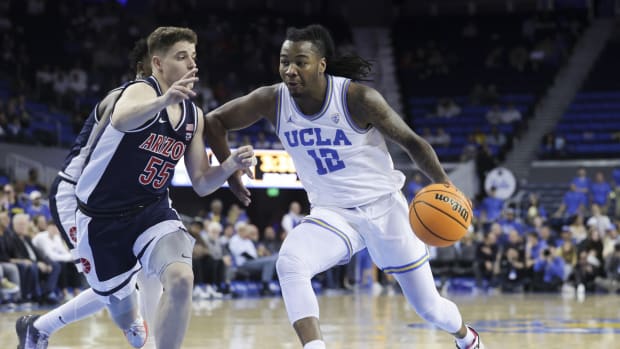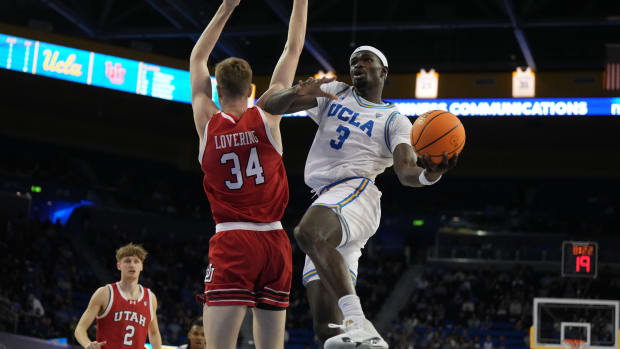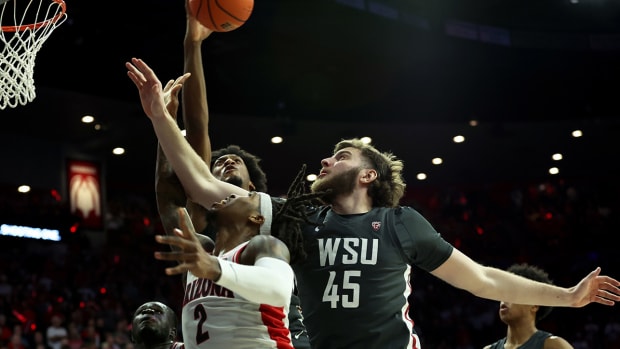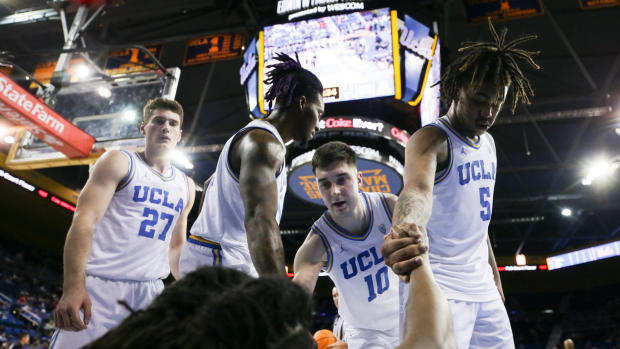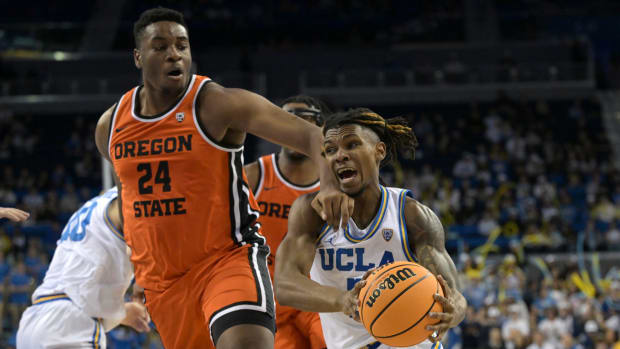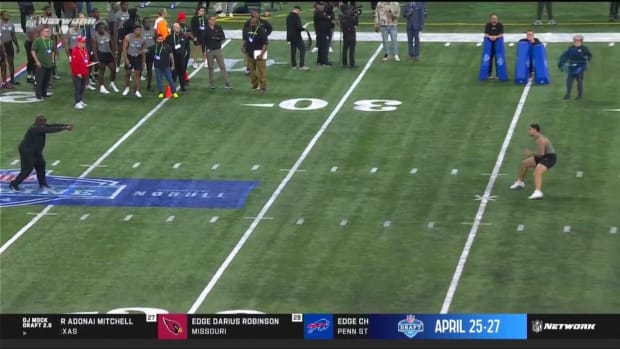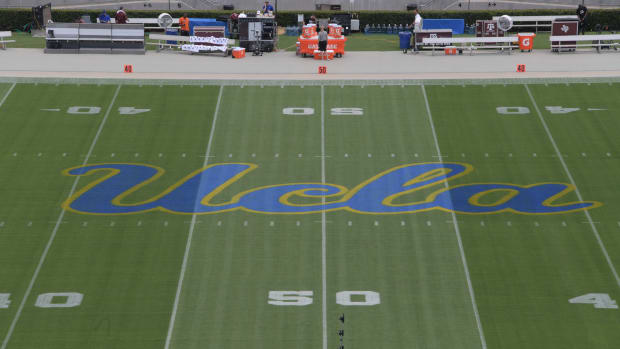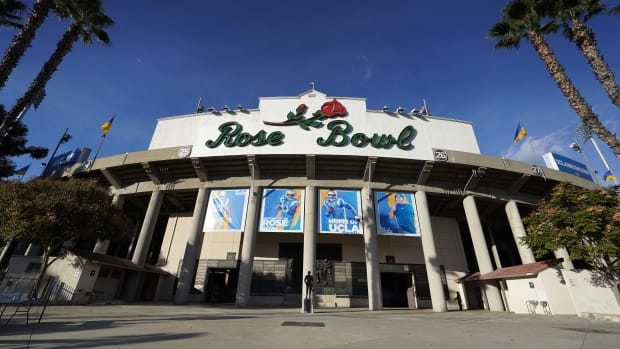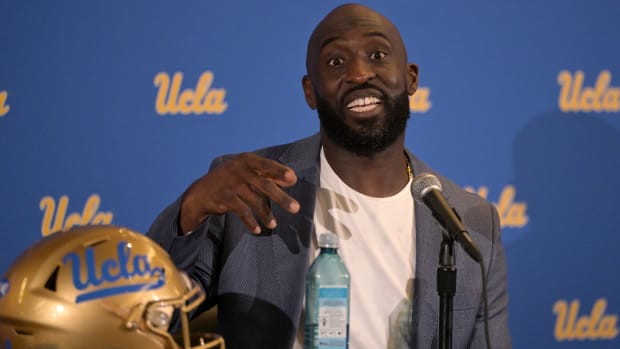Pac-12, ACC, Big Ten announce scheduling, leadership alliance
The conferences may not have merged, poached or expanded, but the college sports landscape just got a major makeover.
The Pac-12, ACC and Big Ten have agreed to form an alliance, the three conferences released in a joint statement Tuesday. The statement said the decision was a unanimous one between the athletic directors, chancellors and presidents at each of the 41 involved universities.
“The historic alliance announced today between the Pac-12, ACC and Big Ten is grounded in a commitment to our student-athletes,” said Pac-12 commissioner George Kliavkoff in a written statement. “We believe that collaborating together we are stronger in our commitment to addressing the broad issues and opportunities facing college athletics.”
The goal of the alliance, according to Kliavkoff, ACC commissioner Jim Phillips and Big Ten commissioner Kevin Warren, is to collaborate on several key discussions that are arising amid an increasingly unstable NCAA. The statement specified these major topics as those that stood above the rest:
- Student-athlete mental and physical health, safety, wellness and support
- Strong academic experience and support
- Diversity, equity and inclusion
- Social justice
- Gender equity
- Future structure of the NCAA
- Federal legislative efforts
- Postseason championships and future formats
The trio of commissioners had a press conference that started at 11 a.m., with Phillips kicking things off before Warren and Kliavkoff got to make opening statements of their own.
Phillips detailed plans to form football, men's basketball and women's basketball scheduling agreements between the three conferences. In addition to increasing strength of schedule and building new rivalries on the hardwood and gridiron, Phillips and Warren hinted towards upcoming collaborative projects in Olympic sports as well.
The format of any scheduling agreement has yet to be determined. When it will start is also up in the air, as is its impact on teams' currently scheduled nonconference games. UCLA football, for example, has its three-game nonconference slate booked through 2026, in addition to two out of three slots in 2027 and one game scheduled in the 2028, 2029 and 2030 seasons.
Warren said schools and universities will have to balance honoring scheduling contracts with fostering these new rivalries and crossover games.
While Phillips and Warren left the door open to College Football Playoff expansion, Kliavkoff dove head first into it and said the Pac-12 was in full support of moving beyond the four-team format. Kliavkoff said he aims to visit all 12 of the campuses in his conference to gather all information possible on the matter, so he can finalize the Pac-12's path moving forward by Sept. 28.
“This alliance of like-minded institutions will better serve our student-athletes and fans, and I am excited for all the possibilities that are to come,” said UCLA athletic director Martin Jarmond in a statement.
As a whole, the three conferences now have more votes at the FBS and NCAA governance level than the SEC and Big 12 combined, a major shift following the SEC's expansion to 16 schools with Texas and Oklahoma.
Kliavkoff said there has not and will not be any document signed to formalize the alliance, only the joint support of the three commissioners and all 41 institutions.
Follow Connon on Twitter at @SamConnon
Follow All Bruins on Twitter at @SI_AllBruins
Like All Bruins on Facebook at @SI.AllBruins
Read more UCLA stories: UCLA Bruins on Sports Illustrated
Read more UCLA football stories: UCLA Football on Sports Illustrated
Read more UCLA news stories: UCLA News on Sports Illustrated

